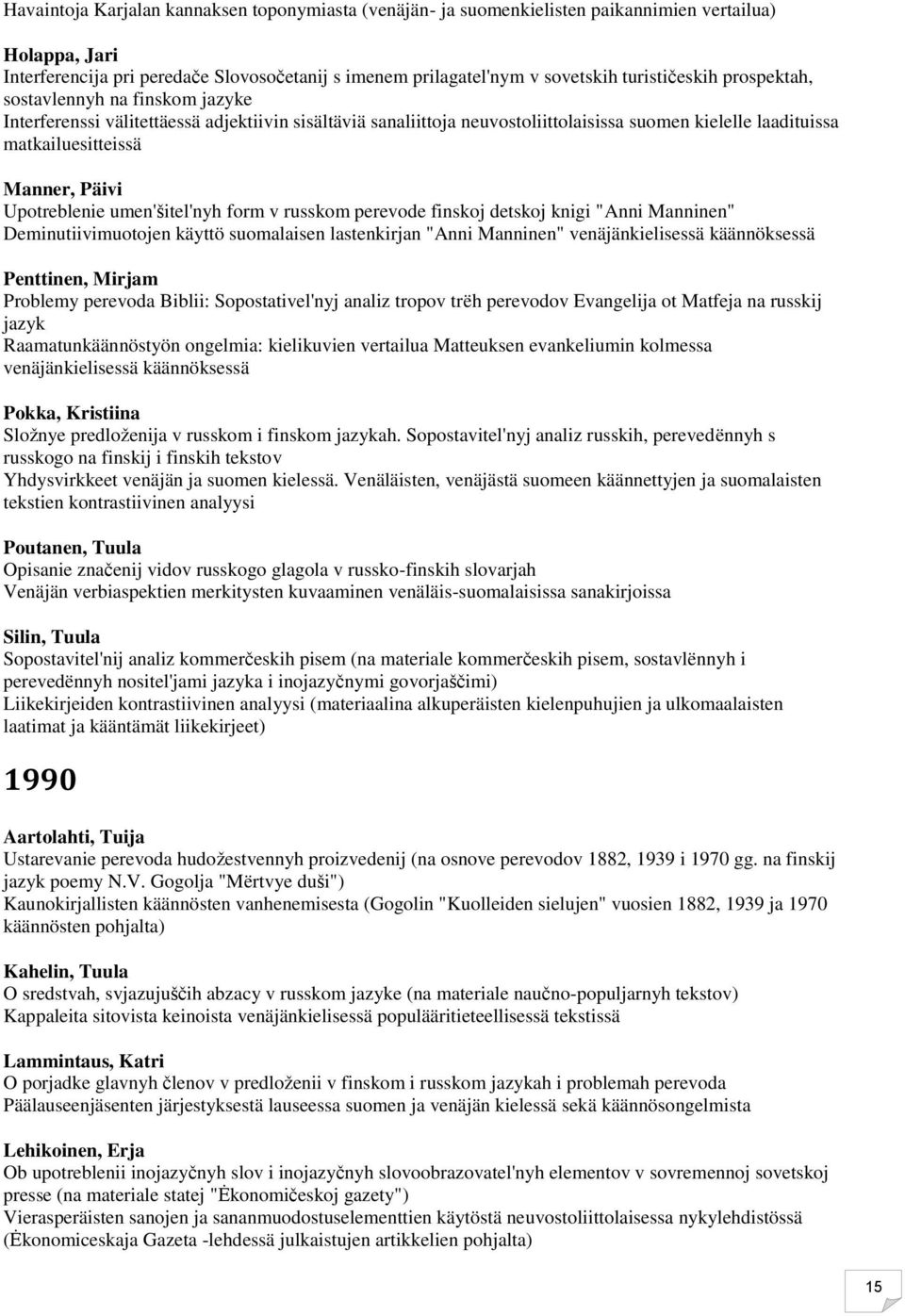Politiko- istoricheski i politiko- geografski analiz year: 2012 pages: 294 cover, size, type: paperback: Click to order by e-mail! This book is devoted to the activities of the 7th and the 6th Great National Assembly. The author of the book is a historian, but here he presents excellent law and political culture.
I have not read Kershaw's book yet, but I am likewise a newcomer to reading about this period of history. I just read Evans' Third Reich in Power (the I have not read Kershaw's book yet, but I am likewise a newcomer to reading about this period of history. I just read Evans' Third Reich in Power (the second book in his trilogy) and can offer some thoughts. Evans seems to try to describe how the Nazis affected every aspect of life during their rule. He begins by describing the courts and the law under the Nazis, then discusses art, education, religion, the economy, etc.
He winds up the book with a section titled' Road to War'. While I found myself questioning how representative the narrative accounts were as presented throughout the book, each section seemed to provide a reasonable conclusion about how the Nazis ruled Germany. The bottom line seems to be that the Nazis essentially dominated every aspect of life. Their nationalistic goals had support among the populace but their methods were nothing short of insane, dictatorial, and perverse in achieving the restoration of the German spirit. Evans' TRIP leads to the conclusion that F.A.
Hayek's 'Road to Serfdom' (written in the wake of World War 2) was a pretty fair assessment of what happens when government becomes too powerful and too centralized. UPDATE 4/25/16. The balance of the book is as good as the beginning.
A superb overview of the Hitler years through 1936. Kershaw is both factual and opinionated, which I find refreshing. UPDATE 3/22/14. I have now read the chapters concerning the early months of the Hitler regime, during which Hitler destroyed all opposition and established Nazi control over all public and private organizations.
It is frightening how easily and how quickly this transformation took place. It is also evident th UPDATE 4/25/16. The balance of the book is as good as the beginning.
A superb overview of the Hitler years through 1936. Kershaw is both factual and opinionated, which I find refreshing. UPDATE 3/22/14.
I have now read the chapters concerning the early months of the Hitler regime, during which Hitler destroyed all opposition and established Nazi control over all public and private organizations. It is frightening how easily and how quickly this transformation took place. It is also evident that Hitler had a clear idea of the direction he would take from day one. But it wasn't day one.
He had been working on nothing else for over a decade. His Nazi Party organization was in place all over Germany, a private army of 500,000 violent thugs ready to be unleashed. *** the rapidity of the transformation that swept over Germany was astounding within a month, civil liberties had been extinguished within two months, most political opponents were imprisoned or fleeing the country and the Reichstag had surrendered its powers. Within four months, the trade unions were dissolved.

In six months, the NSDAP was the only remaining political party *** When this transformation was almost complete, Cardinal Faulhaber of Munich wrote to Hitler 'What the old parliament and parties did not accomplish in sixty years, your statesmanlike foresight has achieved in six months. May God preserve the Reich Chancellor for our people'. Toothpaste font download pc. There is much more to the story of the collusion between Hitler and the Church in 1933, and Faulhaber might well have been opposed to the policy imposed on the German bishops by the Vatican (Pacelli) but his letter is still astonishing.
*** Hitler presented his main priority to the new cabinet (on Feb 4, just five days after he was appointed Chancellor) all other expenditures had to be subordinated to the task of rearmament. Hitler proposed the 'Second Armaments Program' with funding provided outside the state budget and placed in the hands of the army itself Schacht (President of Reichsbank in March) masterminded the secret and unlimited funding of rearmament used device of Mefo-Bills - a disguised discounting of government bills by the Reichsbank. Provided the fantastic sum of 35 billion Reichmaks over 8 years. The consequence of making unlimited funds available for rearmament was the ruination of state finances the German economy was set on a path which could be remedied only by (1) re-entry into the international economy or (2) a huge war of conquest and domination *** FIRST COMMENTS. I have read 400+ pages, to the point where Hindenburg appointed Hitler Chancellor in January 1933. Kershaw's writing is clear and (in my view) appropriately opinionated. The chapter describing the political negotiations of January 1933 is utterly brilliant.
Most Popular Articles
- Vashikaran Mantra Malayalam Pdf Download
- Horror Tiles Rpg Maker Vx Ace Cracked
- Camel Stationary Traveller Mp3
- Download Video Naruto Kecil Episode 60
- Winning Eleven 9 Patch Liga Indonesia Pes
- The Diminutive Experience Game Download
- Poser Female Model Free Download
- Learn English Through Tamil Pdf Books
- Tales Of Symphonia Ps2 Iso English Torrent
- Full House Complete Season 4 Torrent
- Midtronics Battery Tester Software Download
- Fab 3000 V6 Keygen Crack Software